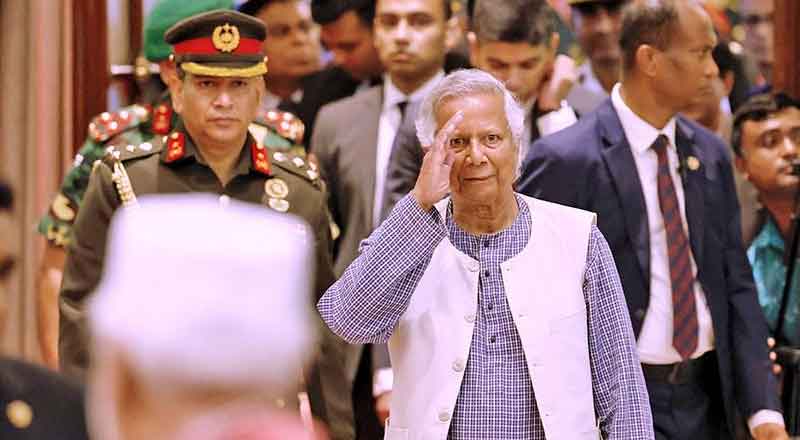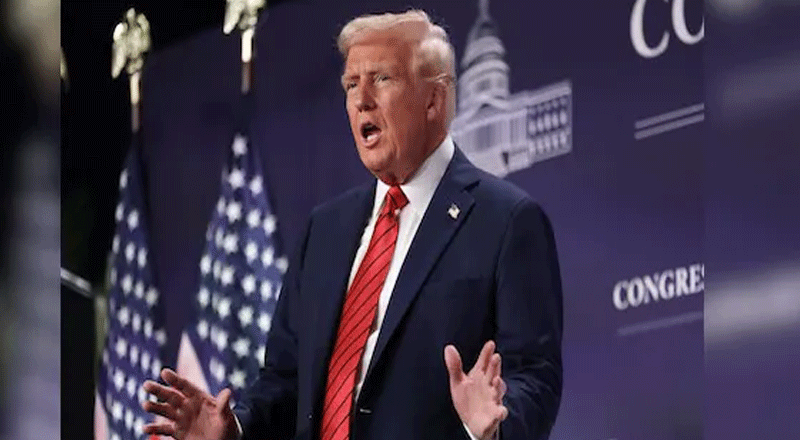Bangladesh’s Political Crisis: The Fall of Sheikh Hasina
Bangladesh is in the midst of a historic political upheaval. Prime Minister Sheikh Hasina, following weeks of escalating anti-government protests, has resigned and fled the country. These protests, initially sparked by demands to abolish civil service job quotas, rapidly evolved into widespread calls for Hasina’s resignation. Her 15-year tenure, marked by both significant development and increasing authoritarianism, ultimately led to her departure amidst chaos in the capital, Dhaka. The formation of an interim government under Nobel laureate Muhammad Yunus represents a critical turning point in this turbulent period.
Muhammad Yunus Takes Charge
Muhammad Yunus, renowned for his pioneering work in microfinance and social entrepreneurship through the Grameen Bank, has been appointed as the interim Prime Minister of Bangladesh. His appointment has generated considerable attention and hope, symbolizing a potential beacon of stability and reform. Yunus’s leadership is viewed as crucial for guiding Bangladesh through this transitional phase, with the interim government’s primary objectives being to restore order and prepare the nation for new elections. The interim administration is designed to be temporary, with the goal of re-establishing a democratically elected government following the upcoming general elections.
The Resurgence of Islamist Forces
Despite the optimism surrounding Yunus’s appointment, a darker trend looms large: the rise of Islamist fundamentalism. The Jamaat-e-Islami party, known for its radical ideology and historical ties to militancy, is gaining increasing influence. This development poses a significant threat to Bangladesh’s secular identity and has profound implications for regional stability, especially for neighboring India.
Historically, the Jamaat-e-Islami has been associated with violence and anti-secular sentiments, notably during Bangladesh’s Liberation War. The party’s resurgence could unravel decades of stable bilateral relations between India and Bangladesh. If the Jamaat-e-Islami’s influence continues to grow, it might lead to a shift towards conservatism and anti-India sentiment, endangering the strong diplomatic and economic ties that have been built over the years.
Implications for Bangladesh’s Hindu Minority
The rise of Jamaat-e-Islami also raises serious concerns for Bangladesh’s Hindu minority. During previous periods of unrest, there have been reports of violence against Hindus and their exodus to India seeking refuge. An empowered Jamaat-e-Islami could exacerbate this humanitarian crisis, leading to increased tensions and strain on India’s resources. Managing an influx of refugees while dealing with the domestic implications of such a crisis would be a significant challenge for India.
Secularism Under Threat
Bangladesh has long been seen as a bastion of secularism in South Asia. Under Sheikh Hasina, efforts were made to uphold secular governance despite mounting Islamist pressures. However, the controversial trial and execution of war criminals associated with Jamaat-e-Islami fueled a backlash that strengthened Islamist narratives and deepened anti-India rhetoric. This shift towards Islamism poses a threat to Bangladesh’s secular identity and raises concerns about the future direction of the country’s politics.
Jamaat-e-Islami’s Resurgence and Regional Threats
The resurgence of Jamaat-e-Islami is a development with significant geopolitical implications. The party’s radical ideology and historical connections to violence and militancy pose a direct threat to regional stability. Jamaat-e-Islami’s activities, including orchestrating violent protests and inciting anti-Indian sentiments, are escalating tensions in the region.
The party’s collaboration with extremist elements, such as Lashkar-e-Taiba, highlights the growing radicalization in Bangladesh. Recent violent protests, resulting in numerous deaths and attacks on Hindu minorities, underscore the extremist currents within the party. This rise in violence and radicalization not only threatens Bangladesh’s internal stability but also poses a significant security challenge to India.
Shifting Alliances and Regional Implications
The political crisis in Bangladesh and the growing ties between China, Pakistan, Bangladesh, and Sri Lanka are reshaping the strategic landscape of South Asia. The departure of the pro-India Sheikh Hasina government and the rise of an interim administration under Yunus occur against a backdrop of increasing Chinese influence in the region. The potential inclusion of Bangladesh in China’s Belt and Road Initiative (BRI) could encircle India with nations aligned with Chinese interests, challenging India’s strategic autonomy.
China’s growing presence in South Asia, particularly through the BRI, threatens to alter the regional balance of power. The prospect of increased Chinese military presence in the Bay of Bengal and the Indian Ocean could undermine India’s maritime security and influence. The alignment of Bangladesh with China, along with the strengthening China-Pakistan-Bangladesh-Sri Lanka axis, represents a direct challenge to India’s regional dominance.
To conclude, the political upheaval in Bangladesh, marked by Sheikh Hasina’s resignation and the rise of Jamaat-e-Islami, presents a critical juncture for India’s strategic interests. Muhammad Yunus’s interim leadership offers a glimmer of hope, but the growing influence of Islamist forces and shifting regional alliances pose significant challenges. As Bangladesh navigates this tumultuous period, India must adopt a nuanced and proactive foreign policy to safeguard its interests and maintain regional stability in an increasingly complex South Asian landscape.
(With inputs from agencies)





